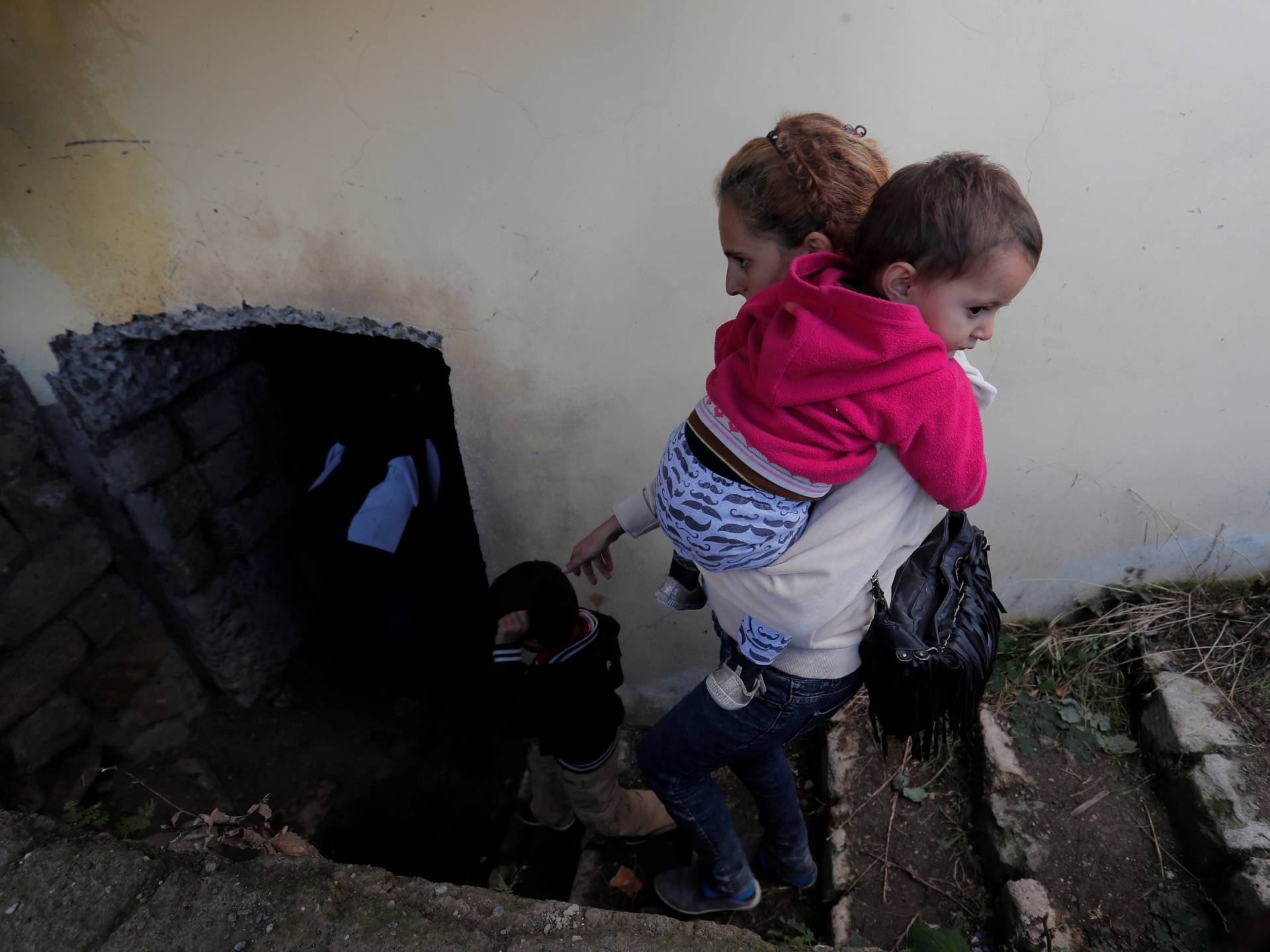If you are reading this, it is fair to presume you had the privilege of attending school as a child. A privilege that 244 million children do not have today.
On November 20, we celebrate World Children’s Day with the theme of equality and inclusion for every child. The reality, though, is this is not a time to celebrate as we are seeing the first reversal in development indicators for decades. In 2021, nine out of 10 countries saw a decline in their indicators. When declines happen, it is always the children that are affected first, affected hardest and for the longest.
While the COVID-19 pandemic, the war in Ukraine and the global economic crisis have pressed on the accelerator for this decline, it would be naïve to believe that these are the only causes or that these trends can be reversed in a couple of years. Climate change has caused an alarming increase in deaths while failing governance, rising conflict and increasing population displacements have been laying the road for a grim future for today’s children.
The effects on children are immediate, and when one domino falls, a rapid cascade follows. Progress to end child labour has stalled, reversing the previous downward trend that saw 94 million children leave the labour force from 2000 to 2016.
By the end of this year, an estimated 8.9 million more children will be forced to work, joining more than 160 million others.
School attendance was increasing until recently, but this trend is also now reversed with at least 10 million additional children missing out on school in 2020 as a result of the pandemic. In Afghanistan alone, an additional 1.2 million girls have been denied access to secondary education.
Nearly 28 percent of working five- to 11-year-olds and 35 percent of 12- to 14-year-olds in the workforce are out of school. Children not in school are 3.4 times more likely to be married than their peers.
A staggering 345 million people are now experiencing acute hunger, and 50 million girls, boys and their families in 45 countries were on the brink of starvation in 2021, 1.5 times more than in 2019.
While we strive to build sustainability, the current context means that in many countries we are just trying to sustain the gains of the past decade. For nations such as Afghanistan, Somalia and Yemen, even this is not possible. In these and many other countries, children are simply trying to survive, and the odds are now firmly stacked against them.
All these statistics can be overwhelming, and yet there’s a name behind every statistic.
Arthur, aged 11, Mushegh, 8, and Rima, 10, know more about conflict and displacement than any child should ever know. They were first displaced in October 2020 from their home in Nagorno-Karabakh, finding refuge on Armenia’s border with Azerbaijan. Their father, a teacher, lost his job and has now been learning to raise sheep.
The children lost their friends, their security, their home and their peace of mind. Then in September this year, a bombardment destroyed multiple houses in their village. As a result, schools closed and thousands of children had to be evacuated, many traumatised again by the fighting.
People in the village were no longer able to graze their sheep, and their livelihoods were severely affected. Children and their parents no longer feel safe and live in constant fear of another bombardment.
With more children at risk of violence and famine than at any point in the past 10 years, it is hard to know where to start.
Yet if we are able to break one link in this catastrophic chain of events, a child’s life can be dramatically altered for the better. We need to be speaking up about the unacceptable burden that children are bearing in these global crises.
We need to call out the fact that spending on preventing violence against children is at its lowest level since reporting began with only 64 cents per child being spent in oversees development aid.
We need to recommit to sustain and then to improve child well-being everywhere, so we can prevent children such as Arthur, Mushegh and Rima falling into the cycle of child labour, loss of education, child marriage and hunger.
Today on World Children’s Day, do not take for granted that you have the ability to read this article or decide what to eat for lunch or take a multitude of other choices that hundreds of millions of children will never get to make. Rather, make it your responsibility to ensure every child has a future in which they do not just strive to survive but in which they can thrive.
The views expressed in this article are the author’s own and do not necessarily reflect Al Jazeera’s editorial stance.
